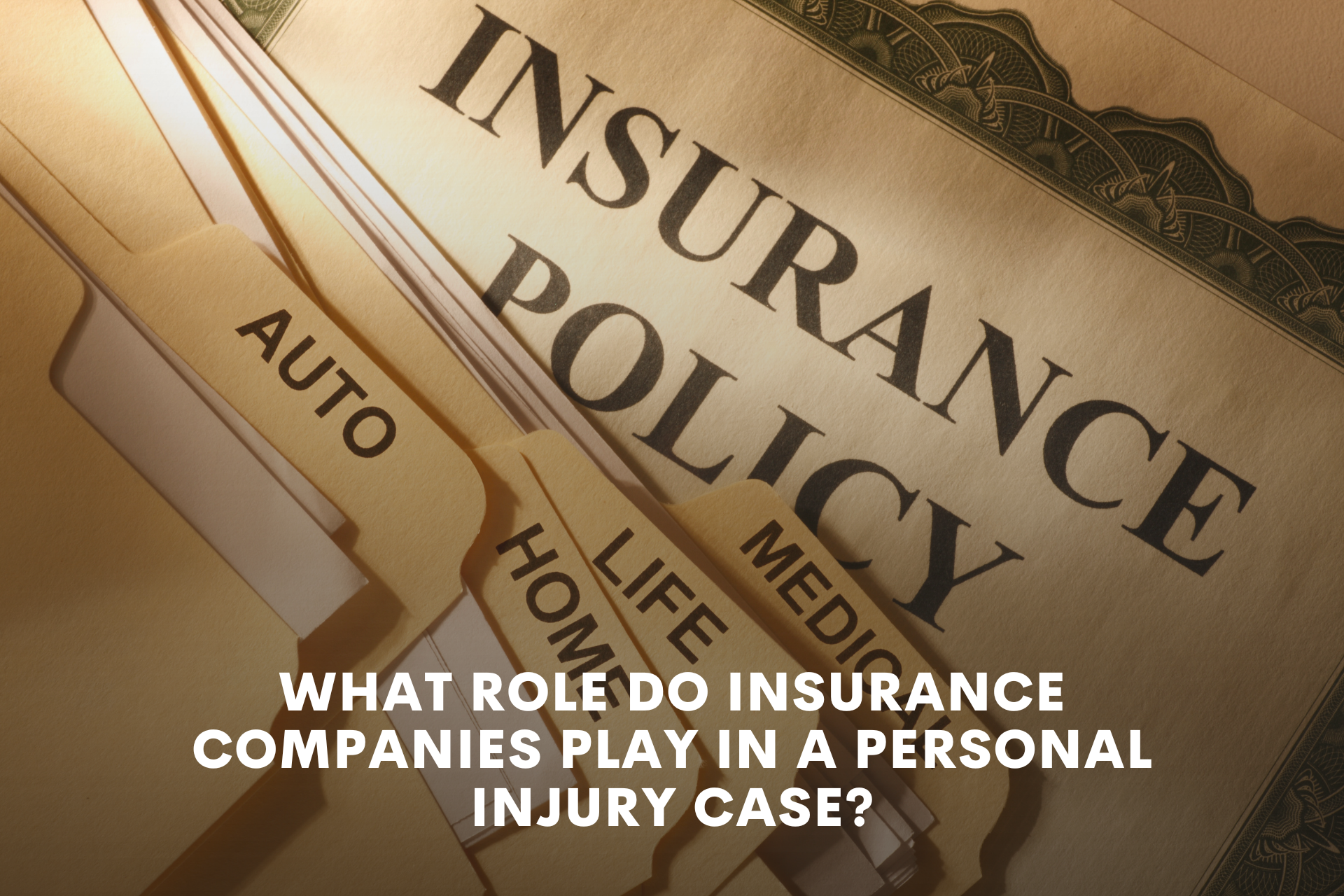If you or someone you know was involved in an accident and is considering filing a personal injury claim, you’ve landed in the right place.
As a personal injury lawyer in Tampa, our team at Cappy Law is united by an overarching goal – to get you the compensation you need and deserve.
A large part of our approach is education. As knowledge is power.
Information empowers individuals to take action, so that’s why we focus on creating content that addresses common personal injury topics.
In today’s blog, we’re discussing the involvement of insurance companies in a personal injury case.
What’s an insurance adjuster and what role do they play in a personal injury case?
You can expect insurance companies to get involved if you’re injured in any accident.
As soon as a person files a personal injury claim, an insurance investigation begins and an insurance adjuster is assigned to the case.
The insurance adjuster investigates the claim once submitted and decides if the insurer should pay (and how much) for damage or injuries.
In Florida, an insurance company has 14 days to acknowledge the claim and send the policyholder instructions and other paperwork to start the process and 90 days to settle a lawsuit after it’s officially filed.
To not settle your claim/case up front for a small amount. How do you or anyone else know the amount or value of your claim yet? What if your injuries slowly develop over the next days, weeks or months? No one knows how much your claim/case is worth at that point.
What to Expect During an Insurance Investigation
No matter the insurance company, insurance investigations commonly follow the same steps to move from claim to settlement.
Below are seven steps you can expect during an insurance investigation:
Step 1: The insurance company will open a file.
As soon as a claim is submitted, the insurance company will assign an adjuster to the case and begin the process.
Step 2: The insurance company will reach out to the claimant.
Claimant is a term for the person who filed the claim in the first place – the insured person.
The insurance adjuster will reach out to the claimant to discuss the events of the accident.
Insured persons have the choice to speak with an adjuster or not. Working with a skilled personal injury lawyer can help you avoid saying the wrong things as your words could hurt your chances of getting appropriate compensation for your case.
If you choose to speak to the adjuster without a lawyer, stick to the facts, keep your answers brief, and don’t share any information the adjuster doesn’t ask for.
Step 3: Record request.
The insurance adjuster will likely request official records such as medical documents. You do not have to provide them and you do not have to sign medical authorization forms. In some cases, if adjusters have access to this information, they’ll look for pre-existing conditions in an effort to deny the claim.
Step 4: Investigation of the injured.
If you’ve been injured in an accident, the insurance adjuster launches an investigation to uncover any negative information about you to build their case and diminish your claim.
Step 5: In-person assessment.
This is especially true for motor vehicle accidents. The insurance adjuster will assess the damage, take photos/videos, try to obtain a recorded statement and compare their findings to the original claim. This information is used to determine the value of the claim.
Step 6: Decide on claim value.
Once the insurance adjuster feels they have the information they need, they’ll submit a formal assessment to the insurance company with their recommendation on how to proceed – accept or deny the claim. The insurance company will use this information to make the final determination on a reserve amount and notify the claimant.
Step 7: Settlement discussions.
If you’re not happy with the settlement offer, your personal injury lawyer can negotiate on your behalf for more.
At Cappy Law, our team of skilled personal injury lawyers has the experience and expertise to combat the tactics used by insurance companies.
We’re dedicated to helping you get the compensation you deserve.
Contact us today and book your free case evaluation.








